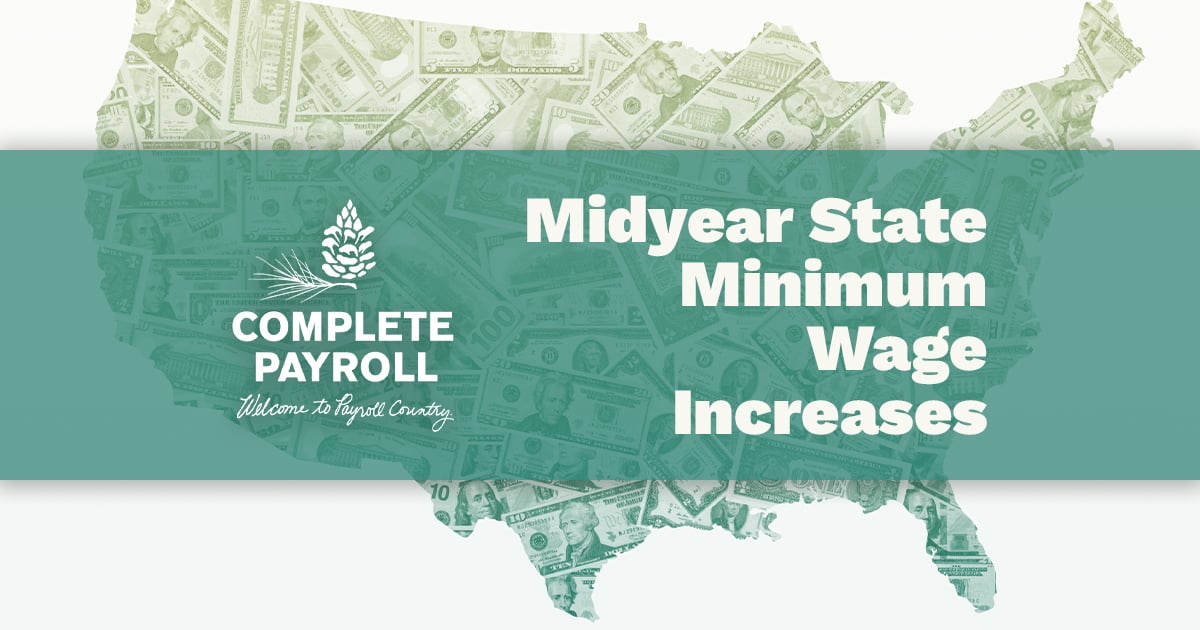NYS Military Leave
Overview of Law
New York employers may not discharge an employee for taking military leave. Additionally, a New York employer must reinstate an employee who leaves a job, other than a temporary one, in order to perform military service. However, such an employee must receive a certificate of completion, still be qualified for the job, and apply for re-employment in the specified time period: within 90 days of release from active military duty, within ten (10) days of release from temporary service such as drill or annual training, within 60 days of release from full time or active duty training.
Reinstatement must be to a like position, with comparable seniority, benefits, pay, and status unless the employer’s circumstances make this impossible or unreasonable. Military service includes assemblies, drills, training, service schools, and active duty. The reinstated person cannot be discharged without cause for one year after reinstatement.
Additionally, any employer with 20 employees or more must allow the spouse of a member of the military on active duty 10 days of unpaid leave. This leave is to be used while the active member of the military is on leave. Violations of this statute can trigger relief in the form of injunctions and an award of damages. You may want to contact an HR Professional for more information.
Employers with 20 or more employees are required to grant an unpaid leave of absence of up to 10 days to an employee whose spouse is on leave from service with the armed forces in a combat zone.
Military leave laws are complicated and technical. In addition to any applicable state law requirements, employers should ensure that they are in compliance with federal laws.
Got a labor law question?
Our team helps employers with labor law compliance every day. Complete the form below to ask a question or request some help.
General Disclaimer
The materials and information available at this website and included in this blog are for informational purposes only, are not intended for the purpose of providing legal advice, and may not be relied upon as legal advice. The employees of Complete Payroll are not

















